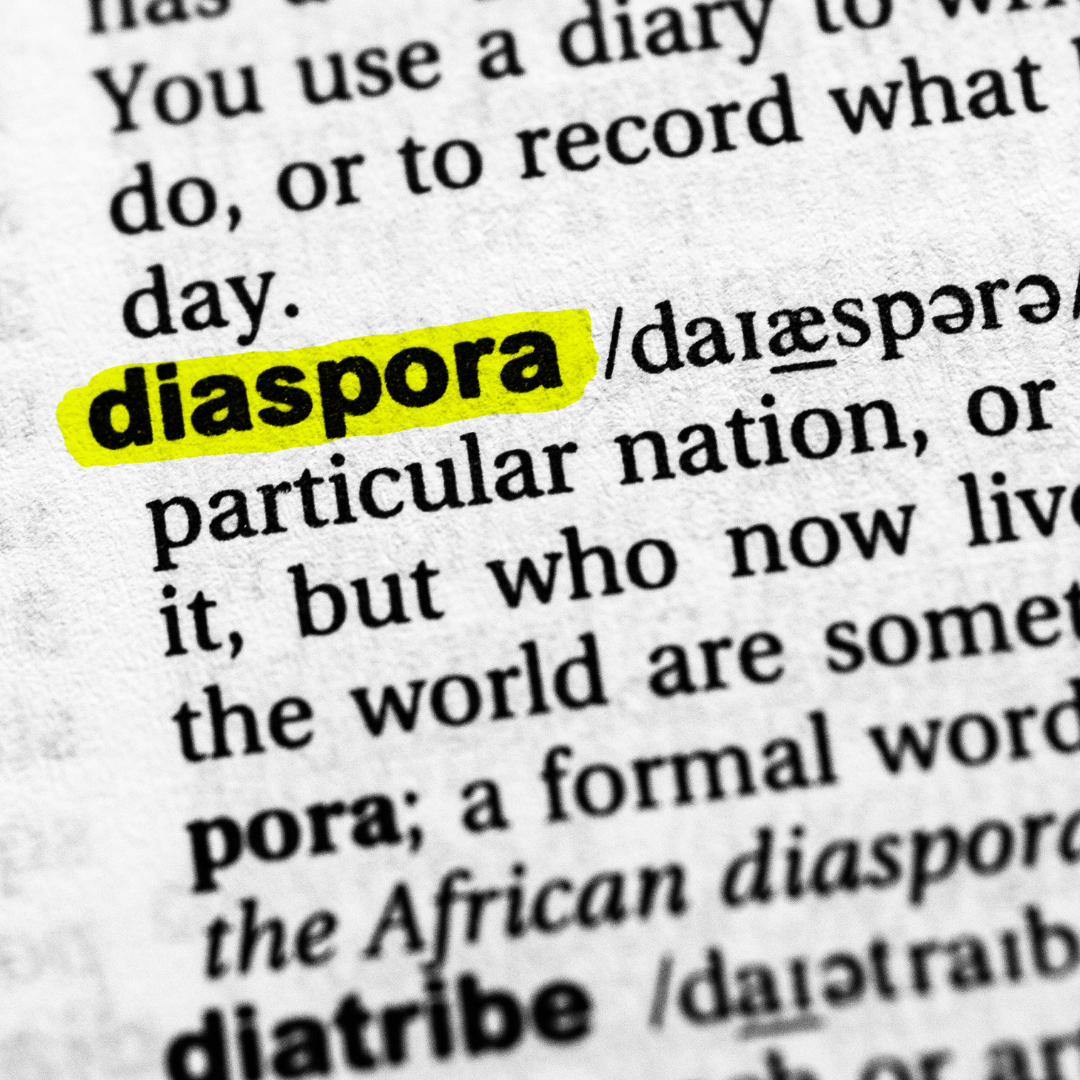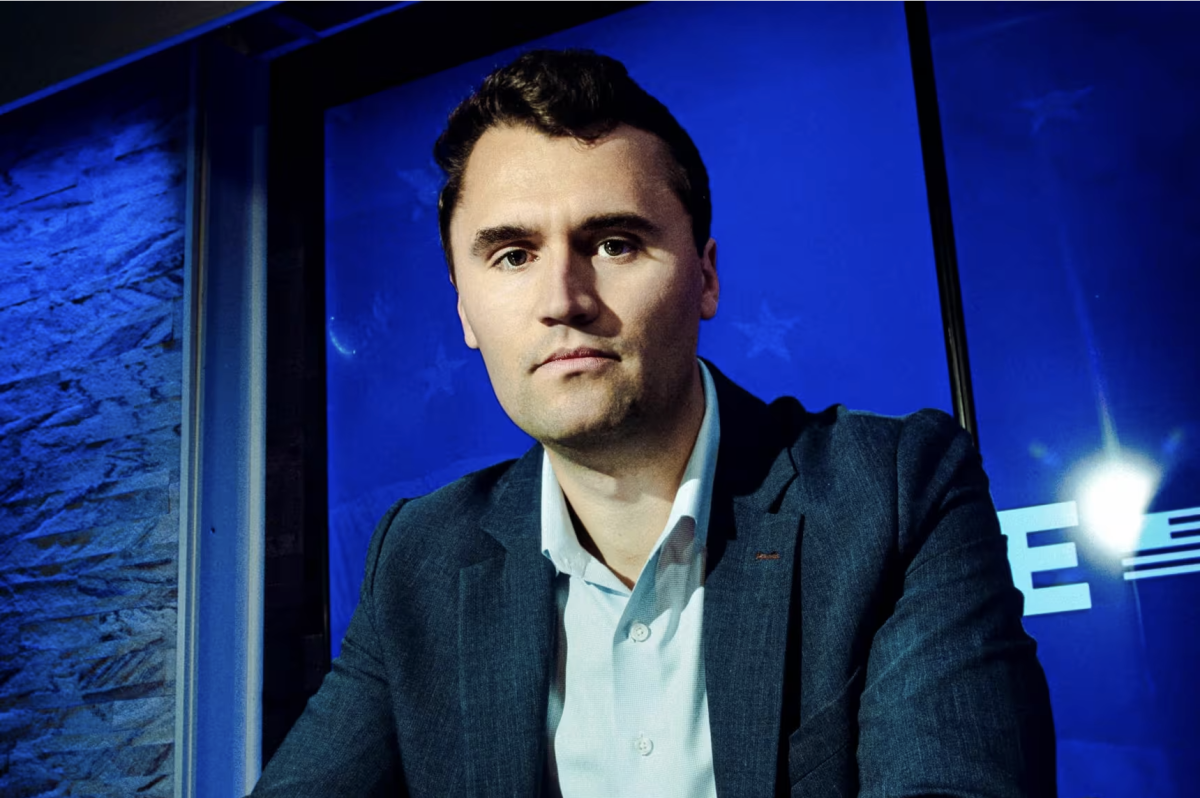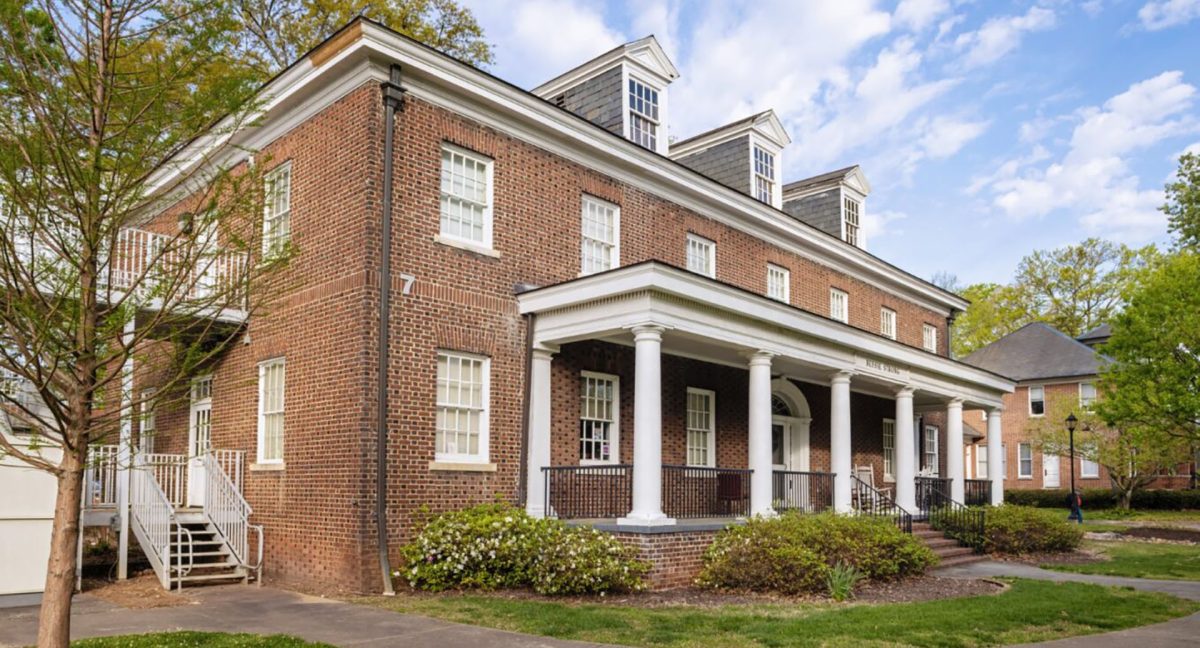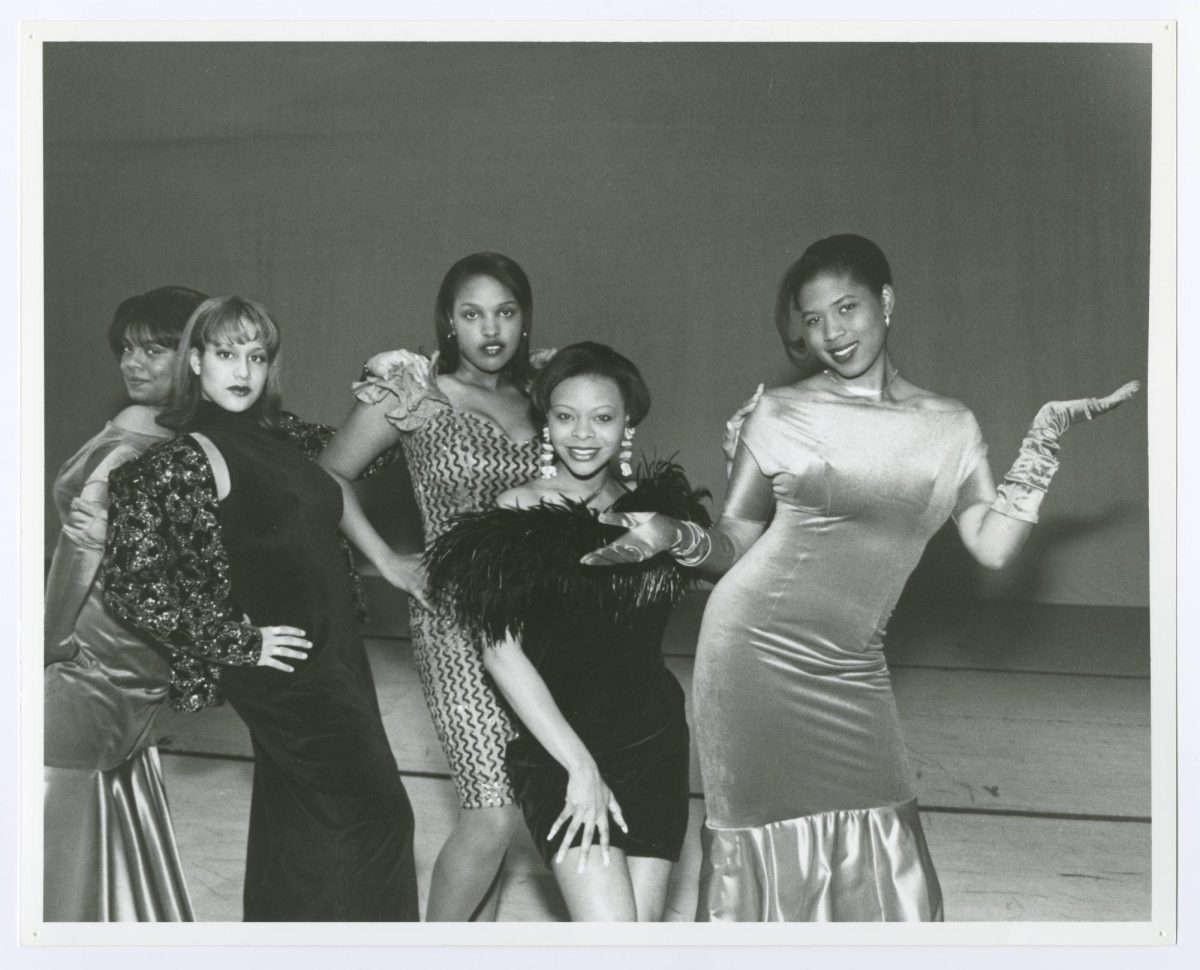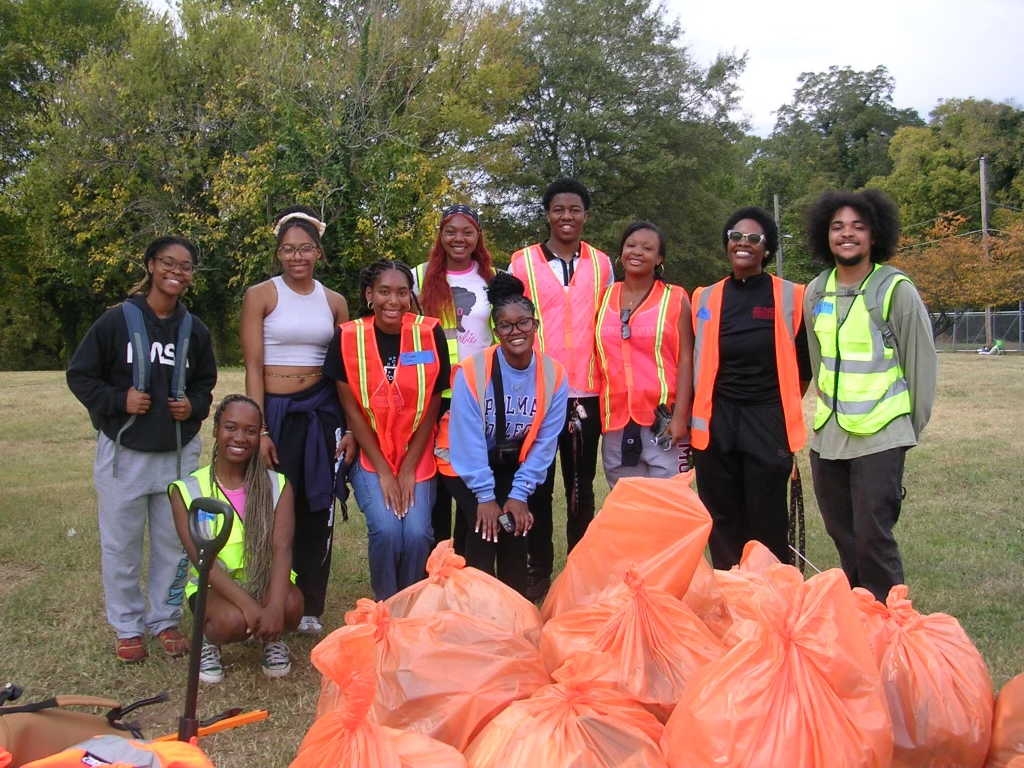African Diaspora and the World is a required two-semester course taught at Spelman College. According to the school’s website, the course’s “pedagogical goals” are to “center African diaspora knowledge…inculcate knowledge and pride in Black history and identity,” and “…interrogate structural oppressions.” More commonly referred to by its acronym, ADW is commonly understood to be one of the most difficult courses that a Spelmanite will take during their matriculation.
Taking ADW in the fall of my freshman year absolutely changed my life. I was exposed to the writings and work of radical Black theorists and thinkers for the first time. The class put into words things that I felt but could not conceptualize prior to coming to Spelman. It made me confident to declare my political ideologies, knowing that I had not only the citations & evidence but the history to back my claims up. Most significantly, I left the class with a passion for radical philosophy and African-American History.
ADW’s curriculum is grounded by the readings that we are assigned. Sometimes overwhelming in number yet always inspiring, these readings included Class Struggle in Africa by Kwame Nkrumah, Pedagogy of The Oppressed by Paulo Freire, and Black Power: Its Need and Substance by Stokely Carmicheal and Charles V. Hamilton. For those unfamiliar with these texts, their authors were frequently blatant in their condemnation of capitalism, electoralism, colonialism, racism, and the various dominant systems and officers that arrive from these ideologies. ADW was unlike anything I had been taught in that it was explicitly radical. I heard stories of some Spelman freshmen transferring after taking the course because of how shocked they were at the course’s explicit criticism of white people. It is clear to me that Spelman encourages students to take ADW in their freshman year because it sets the baseline for the sort of core values that are promoted in the classroom at Spelman, regardless of subject. The fact that class has been required for Spelman students since the 90s only further supports this. I can truly conclude that ADW is the flagship course of Spelman College; it is the heart of Spelman’s curricula.
Yet, it has been my experience in my interaction and observance of my peers at Spelman that students leave the course forgetting or perhaps outright abandoning some of the radical values that are promoted in the class. In this way, I assert that ADW has failed in its goal of radicalizing Spelman students.
A clear example of this is the engagement of Spelmanites with our government. There are a number of Spelmanites who proudly proclaim their ambition to become politicians or work in some fashion for the United States government. Many students at Spelman can say that they interned for the White House or campaigned for a politician during election season. Every year, Spelman heavily promotes their initiative Spelman on the Hill, in which students are flown to D.C. and given the opportunity to lobby with politicians. Just this semester, students proudly welcomed our passive and ineffective vice president, Kamala Harris, to the AUC with warm praises. Lastly, I’m aware of Spelmanites who intend to enlist in the U.S. military or otherwise proudly celebrate Veteran’s Day.
There is a sort of cognitive dissonance in all of the Spelmanites described above. To me, it doesn’t make sense that students can read Kwame Nkrumah very clearly lay out how both the Republican and Democratic parties are effectively the same in that they both serve the goals of the bourgeoise above the working class and not understand that their participation in this same, corrupt system is meaningless if not unethical. It makes no sense how students could ever desire to be soldiers for the same U.S. military that we were taught facilitated the violent oppression and marginalization of anyone around the world, not white or male. To me, it makes no sense that Spelmanites can still vigorously urge their sisters to “vote blue no matter who” every election cycle when our professors pointed to revolution being the language of the oppressed and the sole means by which we can achieve true change. Let me be clear in that I don’t mean to argue that anyone who came out of ADW without the same worldview as me is wrong. Rather, I mean to point to the paradox of students being required to take a radical course and yet coming out of it in the exact opposition. This phenomenon deserves, if not critique, at the very least some consideration.
What does it mean that students engage with radical theology and leave Spelman to engage with the exact systems we were taught to abhor? More importantly, what can be done about this? Well, if ADW taught me one thing, it is to look more broadly at the systems rather than the individuals under the systems. So, I think that to correct this paradox, we should start by holding our institution accountable for the ways in which it has encouraged this intellectual deficiency in the first place.
The biggest hypocrite here is the administration of Spelman College, which continues to prove that it does align with these same radical values that it claims to earnestly present to students. Here are a few examples of Spelman’s ethical bankruptcy: the school has in the past invited the U.S. Immigration and Customs Enforcement (commonly known as ICE) to a school-sponsored career fair. The school continues inviting U.S. military and government representatives to recruit students. Spelman supports and funds the construction of the Atlanta Public Safety Training Center, more commonly known as Cop City. Spelman has invited celebrities such as Kevin Hart to come to our school and speak to our students about the value of Black capitalism, in addition to spouting some other classist absurdities. These are a few of many examples.
Frankly, this hypocrisy is appalling and makes me embarrassed to call myself a Spelmanite. These actions not only stand in opposition to the values taught in our classrooms but also the radical tradition embedded in Spelman’s history, most notably the participation of Spelman alumna in the Atlanta Student Movement, a participation that — might I add — is widely touted as a pride point to outsiders and yet continuously disrespected through the institution’s present actions.
I’d be remiss to end this article without mentioning some of the groups that are attempting to bring back the radical tradition of our institutions, two of which are the Spelman’s Students for Justice in Palestine (@spelmansjp), who have protested for the removal of the Starbucks in Lower Manley, and The Visionaries (@theevisionaries), who last semester coordinated a protest in front of Cosby for students impacted by sexual assault. I hope to see more students supporting and joining these radical organizations in the future.
I hope it is clear that despite my initial focus on ADW, the true problem is the rapid deterioration of radicalism at Spelman. ADW is merely one [of many] examples of the relationship between what our institution pushes in terms of foundational values as opposed to what it actually practices.
I want to be able to proudly proclaim that I attend the #1 all-women’s HBCU, but I can’t comfortably feel pride for an institution that aligns itself the way that Spelman does.
